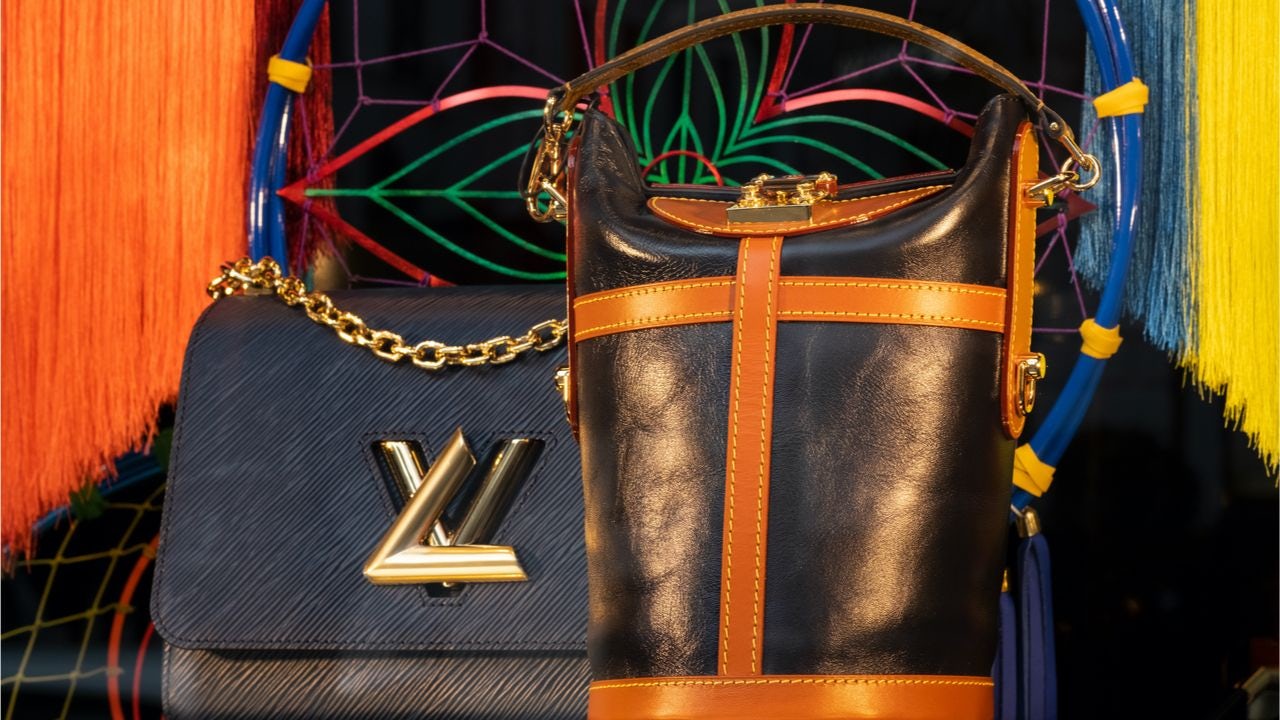Taking over headlines this week is the news that French luxury giant LVMH — owner of brands such as the titular Louis Vuitton and Moët Hennessy, Loewe, Céline, Christian Dior, and Rimowa — is in talks to potentially acquire American jeweler Tiffany & Co. for US14.5 billion, the latest example of an ongoing consolidation that is reshaping the global luxury industry. (And pitting LVMH directly against its closest rivals, Kering and Richemont.)
A Tiffany acquisition would bring both near- and longer-term benefits for the sprawling LVMH empire. The immediate impact would be a boost to the group’s footprint in the U.S., which currently makes up around 25 percent of LVMH revenue. Rolling up Tiffany would also increase LVMH’s watches and jewelry roster, which — despite including Hublot and TAG Heuer — accounts for less than 10 percent of group revenue, and arguably lags behind Richemont’s portfolio, which boasts the likes of A. Lange & Söhne, Jaeger-LeCoultre, and Cartier.
Both companies have been quick to point out that the deal is still very much in the discussion phase, with LVMH only staying it has held "preliminary discussions" in regard to a "possible transaction" with Tiffany. However, if it does go through, it could end up being one of LVMH’s smartest China-facing transactions to date.
China has long been a critical market for Tiffany and Chinese consumers — whether shopping at home or abroad — are some of the brand’s biggest buyers and most loyal customers. This is particularly true among the country’s middle and upper-middle classes, who have been aggressively courted over the past decade, particularly as Tiffany has sought to link itself strongly with the fast-growing bridal and wedding jewelry segment in mainland China.
Tiffany currently operates around 35 stores in mainland China and another 10 in Hong Kong. Like many brands, Tiffany has seen its Hong Kong revenue crimped by protests and plummeting mainland Chinese tourist arrivals over the past six months. In the U.S., Tiffany has also seen a drop in Chinese tourist-shoppers, in large part due to yuan depreciation and the effects of the U.S.-China trade war. As such, the company has increased its efforts and investment in China this year, renovating its Shanghai flagship and focusing on store renovation and expansion, as well as e-commerce functionality.
Where Tiffany really shines and could benefit LVMH is in its market penetration in the U.S., as well as in most of the destinations frequented by Chinese tourist-shoppers, and its strong and strengthening brick-and-mortar and online footprint in China. Brand awareness is extremely high throughout China, and its accessible price point makes it an entry-level brand for the middle class. Tiffany’s sprawling product mix, ranging from relatively inexpensive charms or keychains up to multi-carat engagement rings and watches, helps it access a wide swath of Chinese consumers.
Snapping up Tiffany would open the door even wider for LVMH to capitalize on Chinese consumer spending both in mainland China (where an increasing number of luxury shoppers are choosing to make their purchases) and North America, building its hard luxury revenue from Chinese tourists, students, and recent immigrants who look to buy brands “at the source.”
LVMH is already a dominant position at the higher end of the luxury market. Increasing its holdings of more accessible American brands like Tiffany, which would join recent acquisition Fenty, Marc Jacobs, Kat Von D Beauty, and Benefit Cosmetics, would put them in a position to court the Chinese consumer from entry-level to high-end, and making the group’s hold on the global luxury market that much stronger.


